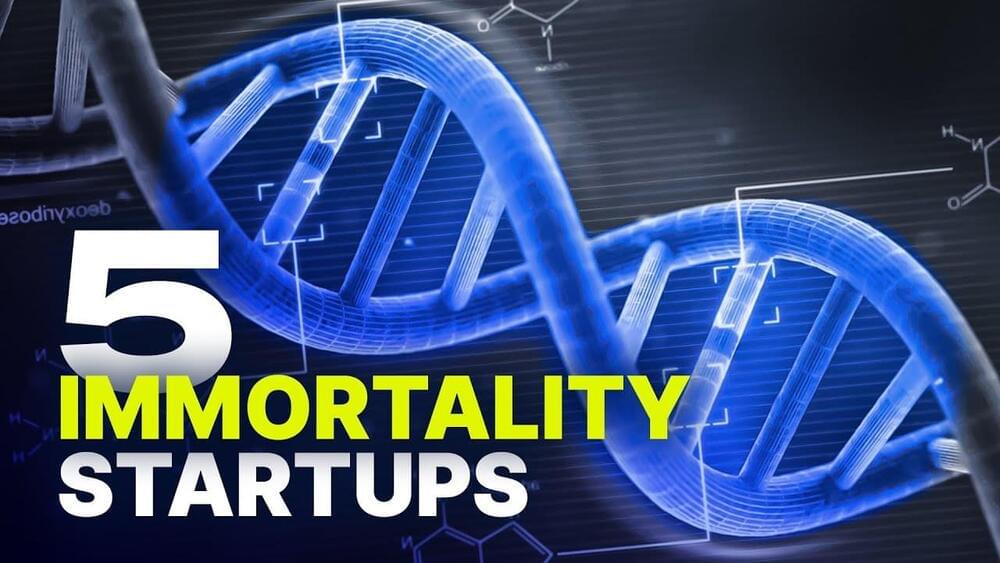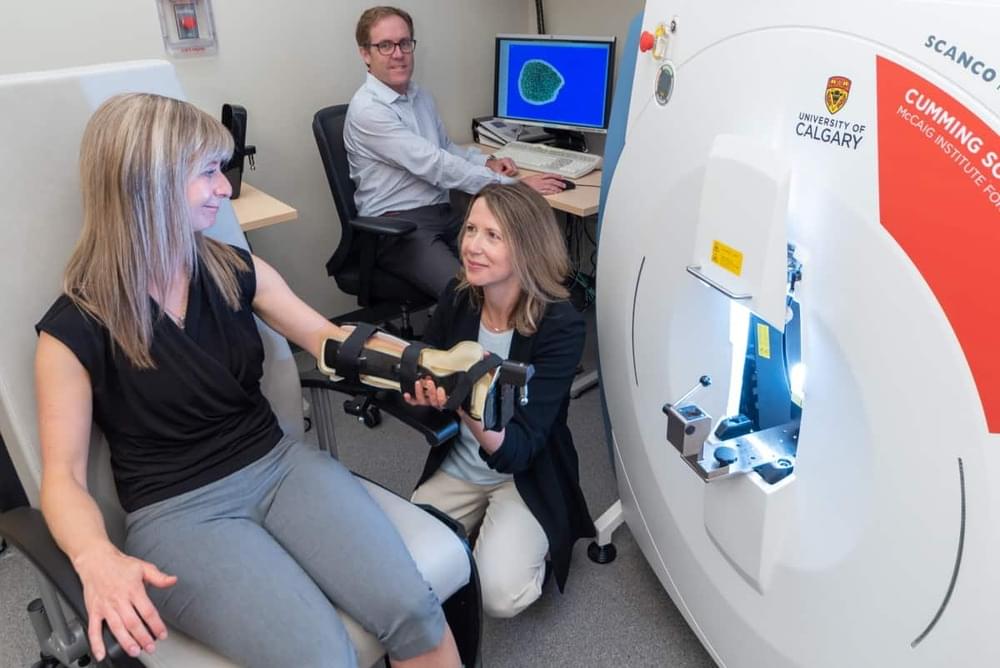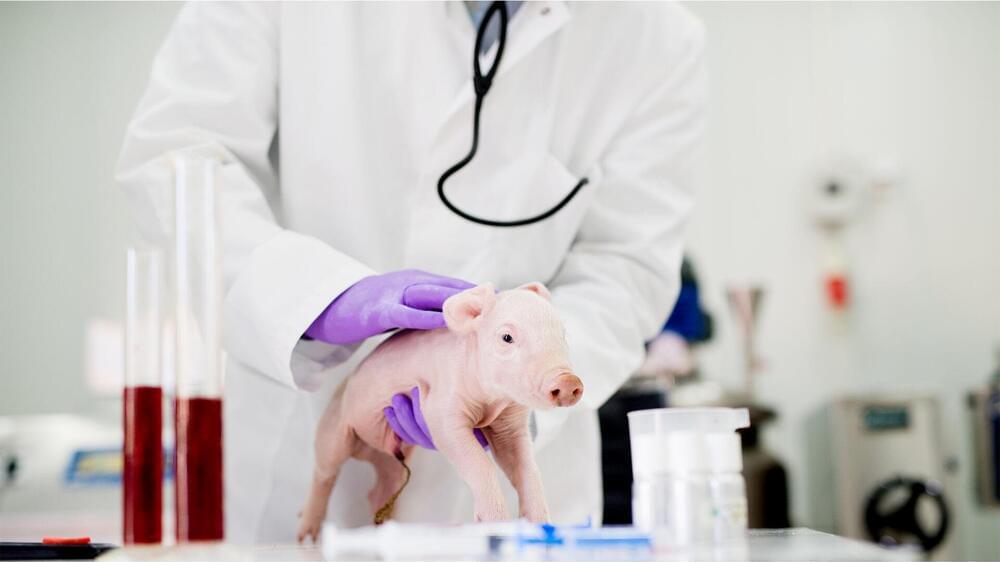Aug 6, 2022
Stanford Neuroscientist: Rejuvenating Aging Brains
Posted by Nicholi Avery in categories: biotech/medical, life extension, neuroscience
The Neuro-Network.
𝐒𝐭𝐚𝐧𝐟𝐨𝐫𝐝 𝐍𝐞𝐮𝐫𝐨𝐬𝐜𝐢𝐞𝐧𝐭𝐢𝐬𝐭: 𝐑𝐞𝐣𝐮𝐯𝐞𝐧𝐚𝐭𝐢𝐧𝐠 𝐀𝐠𝐢𝐧𝐠 𝐁𝐫𝐚𝐢𝐧𝐬
𝙎𝙩𝙖𝙣𝙛𝙤𝙧𝙙 𝙣𝙚𝙪𝙧𝙤𝙨𝙘𝙞𝙚𝙣𝙩𝙞𝙨𝙩 𝙏𝙤𝙣𝙮 𝙒𝙮𝙨𝙨-𝘾𝙤𝙧𝙖𝙮, 𝙋𝙝𝘿, 𝙝𝙖𝙨 𝙨𝙥𝙚𝙣𝙩 20 𝙮𝙚𝙖𝙧𝙨 𝙙𝙞𝙨𝙘𝙤𝙫𝙚𝙧𝙞𝙣𝙜 𝙖𝙣𝙙 𝙞𝙣𝙫𝙚𝙨𝙩𝙞𝙜𝙖𝙩𝙞𝙣𝙜 𝙫𝙖𝙧𝙞𝙤𝙪𝙨 𝙢𝙤𝙡𝙚𝙘𝙪… See more.
Continue reading “Stanford Neuroscientist: Rejuvenating Aging Brains” »

















